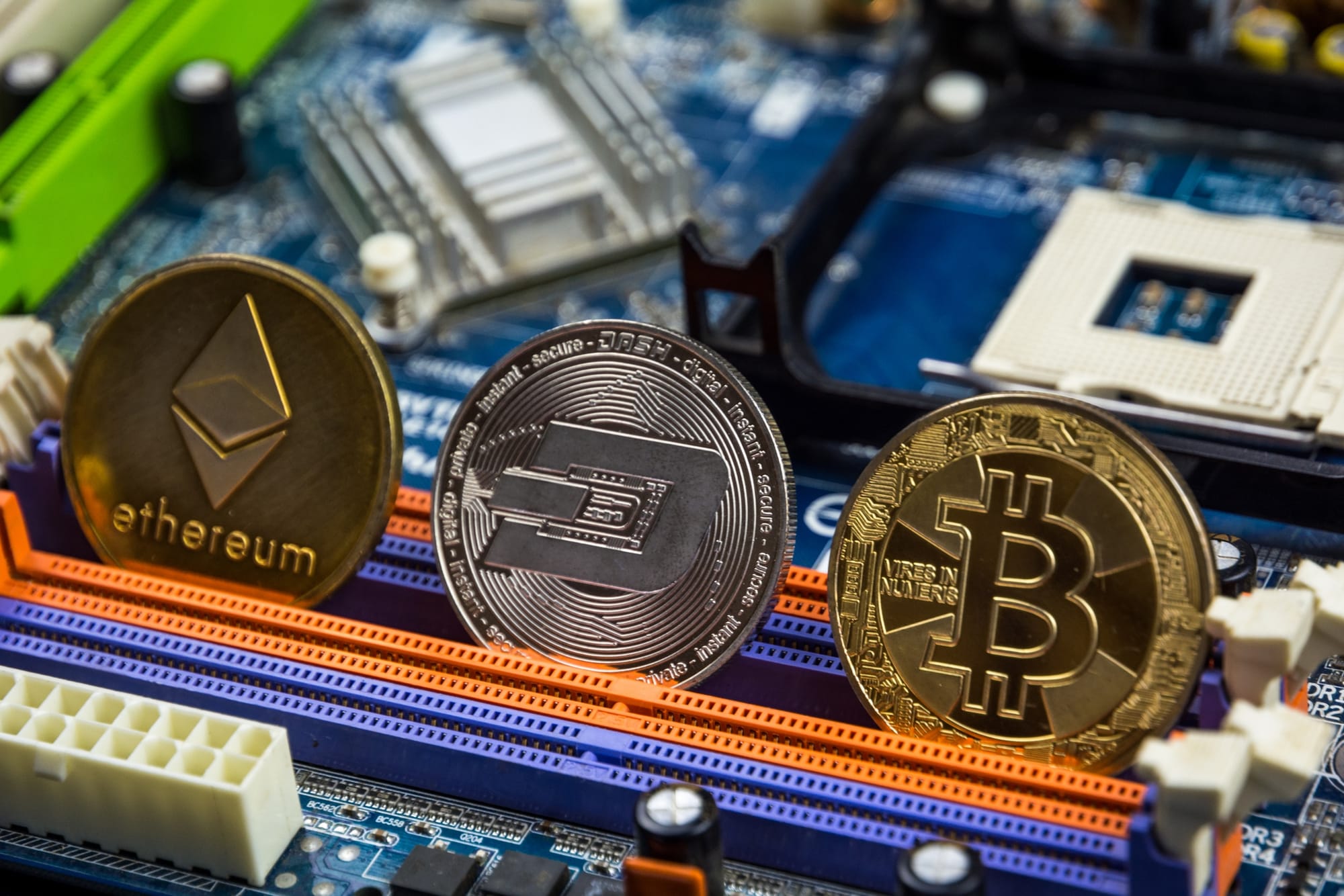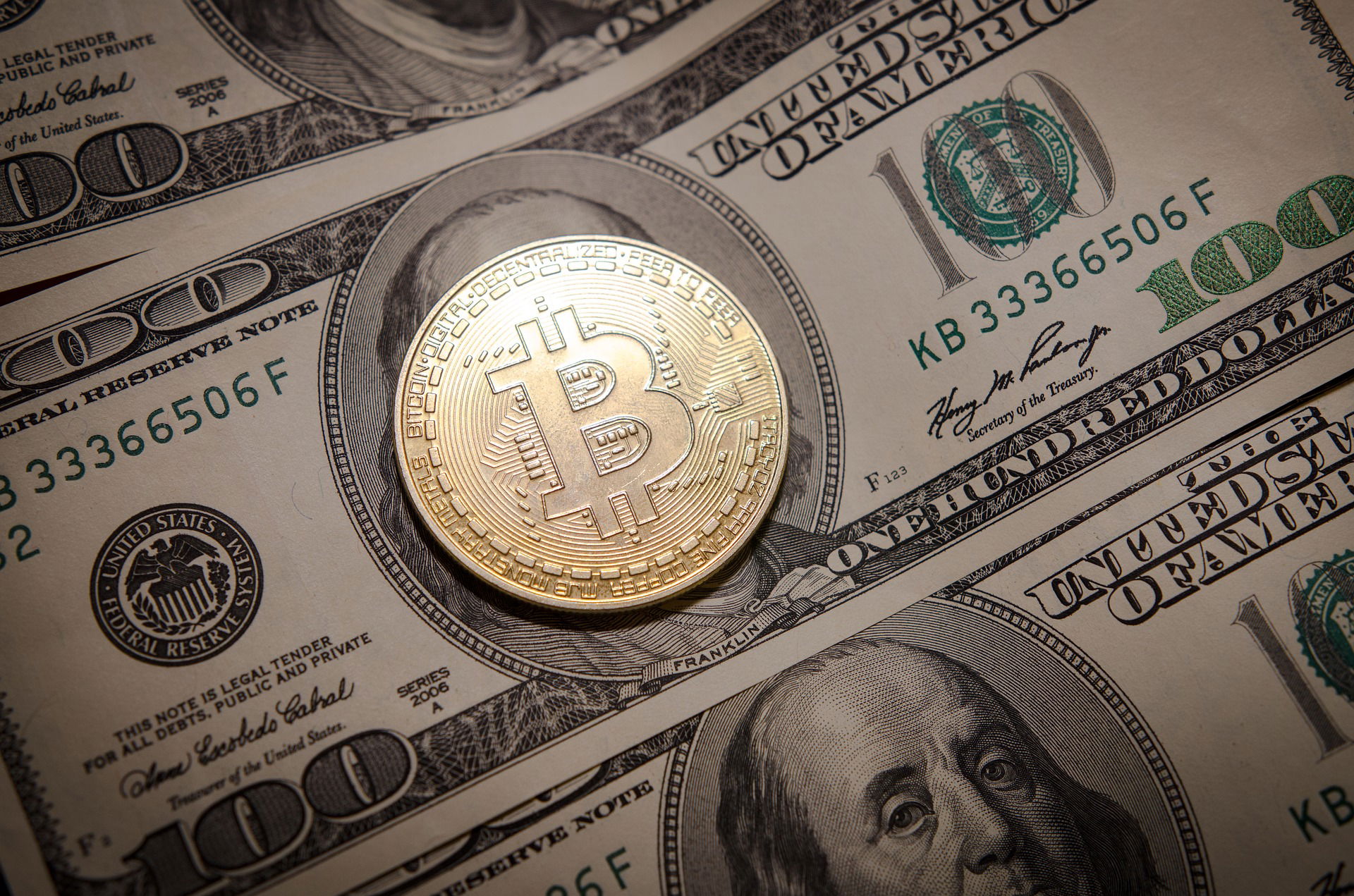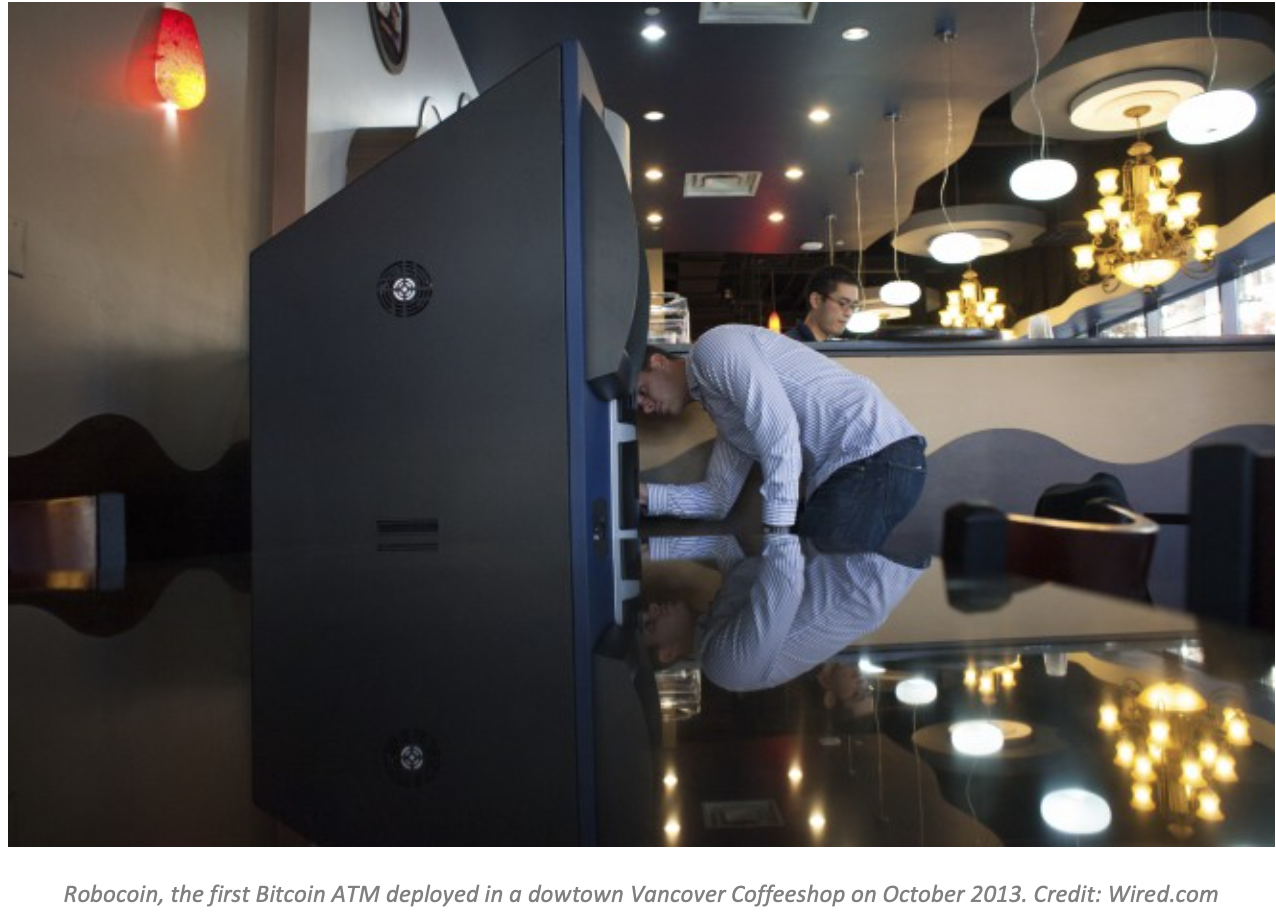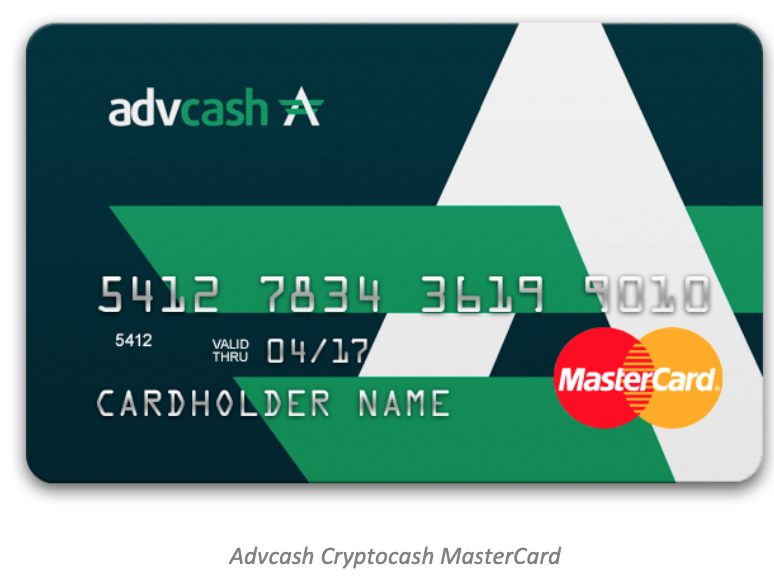Living exclusively on digital assets

“Money, it’s a crime! Share it fairly but don’t take a slice of my pie.”
That’s David Gilmour, making a stash while singing money with the great Pink Floyd.
Let’s face it: unless you’re a Haight-Ashbury hippie during the Summer of Love, Money fuels human life on earth. But, the banking system built around it isn’t inclusive and left billions of people on the edge.
Then came 2020 with its cryptocurrencies worth thousands of dollar, and it’s Blockchain shaking the realm of Wall Street. As a matter of fact, the notorious Bitcoin was first mentioned in a paper written by Satoshi Nakamoto in 2008. This new form of peer-to-peer electronic cash is completely open-source and enabled a “digital currency that could be used without any governing authority”.
Few years down the road, a little over 1500 different digital currencies have seen daylight and a whole new decentralized ecosystem is slowly creeping into mainstream adoption. In the midst of a nearly religious debate over their viability, new institutions came about. Exchanges, electronic remittance services, lending services, you name it. Even new industries are thriving as we speak like “crypto-mining”. And, like Olaf Carlson-Wee, many people have been living exclusively on cryptocurrencies. Let’s get a closer look.

In fact, there are no physical coins or notes in cryptocurrencies. No upstreet bank, and no governing authority. It lives natively on the internet and comes with no third-party fees. The transactions are increasingly fast, and ultimately secure. Thus, their potential of disrupting many aspects of our lives.
Furthermore, sending money from one country to the other will save greatly on bank fees and processing time. All you need is a crypto-wallet loaded with the cryptocurrency of your choice.
However, Bitcoin comes with high volatility and processing fees making it inoperable for small payments.
That's when other "cryptos" come to play.

I personally tried living off cryptocurrencies for some time and found it somehow more convenient than expected - although I completely abandoned the idea after a few months.
I recall my first attempt to dive into this new world while working as a part-time blogger to support myself through college. I requested payments in Bitcoin and was eager to celebrate the reward of my first crypto paycheck. "It would be French wine, a good stake and some laughter with friends", I was daydreaming.
The process struck me with its simplicity. I deposited my Bitcoins (fractions or "satoshis") from my cryptowallet to a MasterCard cryptocash card called “AdvCash”. The rest is as simple as a swipe.

Some platforms empower crypto enthusiasts to use digital coins in perfect harmony with fiat money. Like Burger King, Twitch, Shopify, Cheapair, Bloomberg.com and thousands of other companies, the convenience stretch beyond paying bills all the way to shopping or enjoying a good coffee break.
However, it looks like accepting crypto-payments has been an attempt to appeal to a new generation of consumers rather than a firm believe that digital assets will render money as we know it obsolete.
In fact, the lack of transparency and legal framework as well as the repeated scams and scandals in the crypto-space has left a persistent stain and a hurdle in its way to mass-adoption.
Keywords: Cryptocurencies
Mehdi MEZNI - 2018